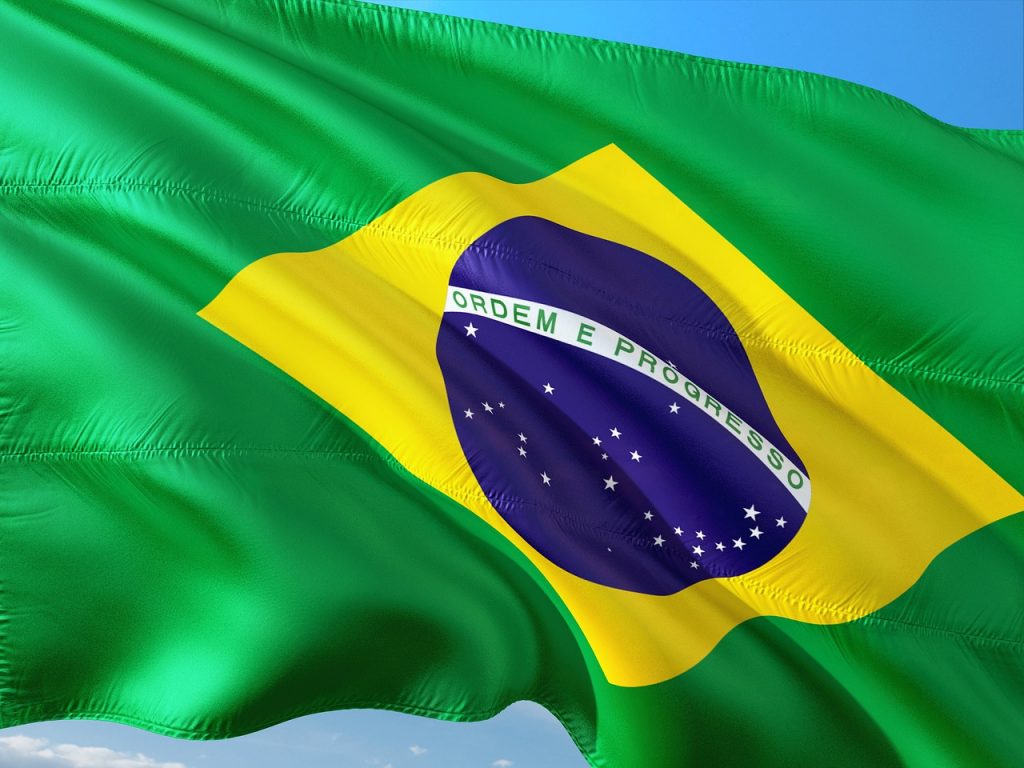BRAZILIAN TAX AUDITORS: UPCOMING SUPERVISION FOR THE SECOND HALF OF 2017 by Marcelo Castro Alves
Property abroad (ex: Miami) but not listed in the tax returns in Brazil
The first surveys carried out by the Tax Auditors identified a significant number of Brazilian property owners in Miami County.
From the first information collected, it is estimated that 4,765 Brazilians bought real estate in the last 5 years, of which 65% the acquisition were made through the Limited Liability Company (LLC).
The data analyzed so far show that, of the taxpayers who acquired real estate via LLC, 43% did not report to the DIRPF and 22% declared undervalued amounts.
Estimated values, which will be refined and valid in the second half of 2017 by the RFB, indicate that it may reach 2,100 Brazilians who have undeclared property in Miami
Individuals with assets abroad
The selection criteria for taxpayers who have adhered to the Special Regime of Exchange and Tax Regulation (RERCT) are being refined. With the enactment of Law No. 13,428, dated March 30, 2017, which established RERCT2, the beginning of fiscal procedures will intensify after the deadline for adhesion of this second phase (July 31, 2017).
Much of the information that is subsidizing the work of the Tax Auditors stems from the exchange of information from the United States of America through the Foreign Account Tax Compliance Act (FATCA) for 2014 and received in September 2015, and other 100 countries, via the CRS Multilateral Convention and Competent Authorities Agreement, which will automatically report information after January 2017. By 2018, however, the agreements already allow mutual support between several countries.
Once the existence of assets abroad has been reported, the RFB’s Inspection will demand from the Foreign Treasury to confirm the information. The usual confirmation period is up to 90 days.
Once the undeclared assets have been confirmed, inspections in Brazil will be opened against the Brazilians.
Auditors are applying selected investigation techniques based on internal information and from different sources, such as representations of investigative bodies, the media, social networks, denunciations (such as Panama Papers, for example).
Exchange of information with other countries
Approximately R$ 383 billion in assets abroad were declared by Brazilian individuals in 2016, representing an increase of almost 28% over the amount declared in 2015.
More than 90% of total assets declared abroad are concentrated in 12 countries, all signatories to an international agreement for mutual assistance in tax matters. After RERCT1, it was found that the amount in the British Virgin Islands exceeded what was declared by the Brazilians in the United States.
Among the countries with which the information exchange began in 2017 are: Argentina, Bermuda, Belgium, Spain, British Virgin Islands, Cayman Islands, Colombia, Faroe Islands, India, Jersey, Ireland, Luxembourg, Malta, Portugal, San Marino, United Kingdom, etc.
Among the countries that will receive information from 2018 onwards are: Andorra, Antigua, Aruba, Australia, Bahamas, Bahrain, Barbados, Belize, Canada, Chile, China, Cook Islands, Costa Rica, Curaçao, Grenada, Israel, Japan, Marshall Islands, Mauritius, New Zealand, Panama, Russia, San Martin, Switzerland, Turkey, Uruguay, etc.
Brazilian Tax Auditors will do investigations on repatriated statements
Taxpayers who do not have income compatible with the declared in the program of repatriation of resources abroad must prove the regularity of the assets to the Internal Revenue Service. Who cannot be excluded from the program, the data reported will be used in investigations. Public servants and purported ‘laranjas’ are at the target of the investigations, which begins in August. Amnesty of the program only applies to tax offenses. Anyone who has repatriated corruption money can be prosecuted criminally. Most of the resources came from the British Virgin Islands, from Brazilian entrepreneurs in their 60s.

